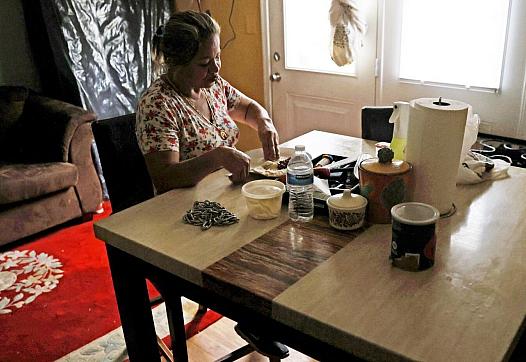
How policy decisions in Virginia led Latinos to being among the most likely to get infected, hospitalized and die in the first two years of the pandemic.

How policy decisions in Virginia led Latinos to being among the most likely to get infected, hospitalized and die in the first two years of the pandemic.
The Sun Journal analyzed data from Maine Department of Health and Human Services reports on child welfare, including 18 years of annual child protective services reports and annual reports on Office of Child and Family Services staffing.
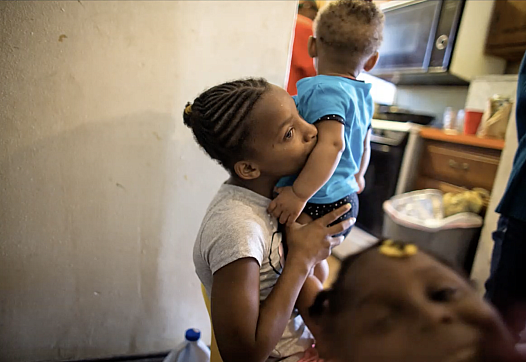
The award-winning reporter shares insights and tips from her decade of immersing herself in the lives of one family battling poverty and homelessness.
Nikole Powell’s father developed an opioid use disorder after a work injury, a dependence that traumatized his family and eventually led to his incarceration and death. His daughter is trying to break the cycle.
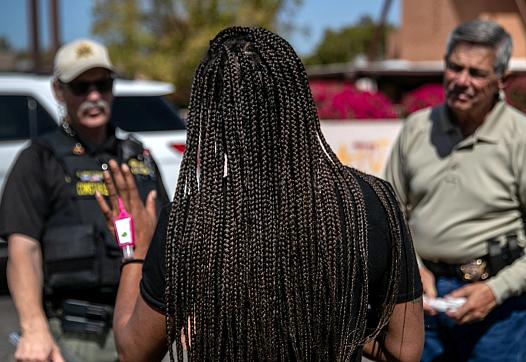
Many people were kicked out despite eviction moratoriums—but certain communities faced the brunt of it.
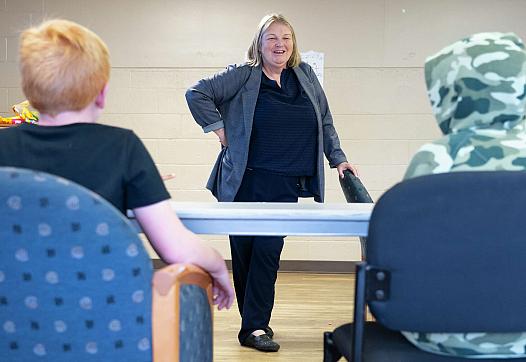
A Houston Chronicle investigation found that at no point since 2013 did any Texas school district have the nationally or state recommended student-to-provider ratios in four positions that are key to providing mental health support for children — nurses, counselors, case workers and psychologists.
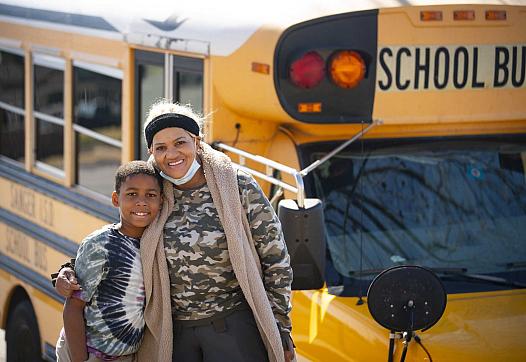
There are only eight kids in this class at Linda Tutt Learning Center, but the chaos erupting throughout the room and spilling into the hallway would set any teacher on edge.
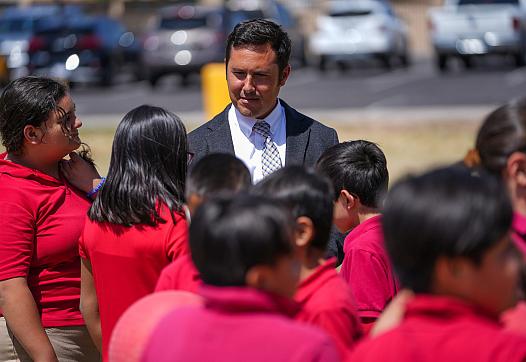
La fisura en el rendimiento ha sido una preocupación de la educación pública. Ahora la pandemia ha ampliado aún más la grieta.
The White House, National Academies and now some members of Congress have called for nursing home reforms. Rep. Bobby Rush says corporations must be held accountable for pandemic deaths.
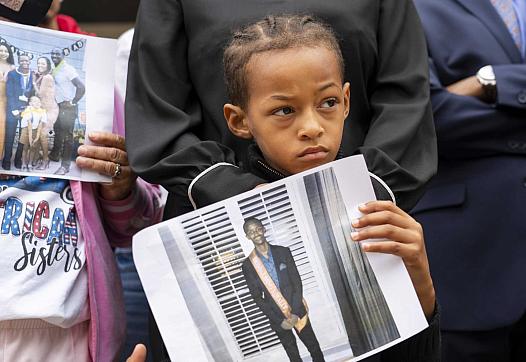
Lacking resources, she thought her mentally ill son would be safer in jail. Then he was beaten to death.